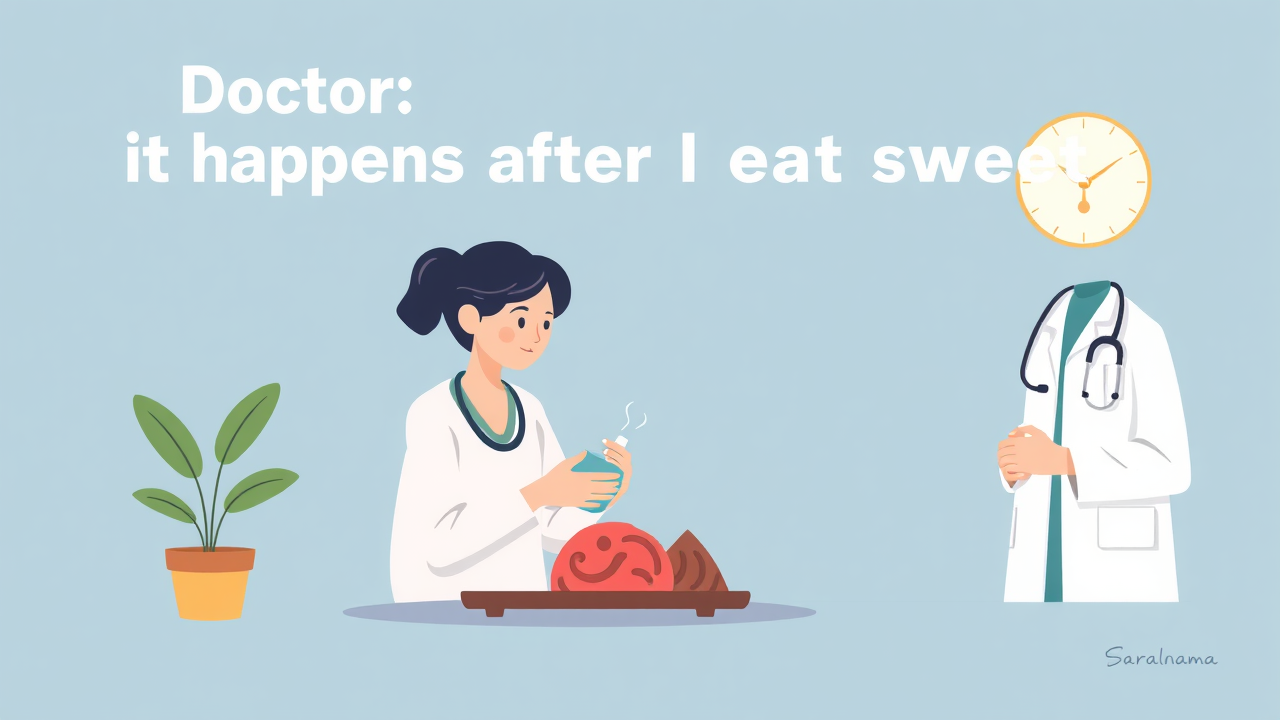A neurologist recently shared the case of a 33-year-old man who suffered repeated episodes of severe weakness in all four limbs. Each episode lasted several days before symptoms disappeared, only to return again. Routine medical tests did not reveal the cause until the patient mentioned a key detail: the weakness always occurred after eating sweets or during cold weather. This clue led doctors to diagnose Hypokalemic Periodic Paralysis, a rare genetic disorder where potassium shifts into muscle cells, causing temporary paralysis. A blood test during an episode confirmed the condition. This disorder affects roughly one in 100,000 people and often begins in adolescence or early adulthood. With proper treatment and lifestyle changes, most patients can manage the condition and lead normal lives, though there is no permanent cure.

Understanding the Rare Condition and Its Triggers
Hypokalemic Periodic Paralysis is a rare neurological disorder caused by a sudden drop in blood potassium levels, leading to temporary muscle weakness or paralysis. The condition is often misdiagnosed because symptoms resemble fatigue, anxiety, or even stroke. Patients feel completely normal between attacks, making diagnosis difficult unless potassium levels are tested during an episode. Eating carbohydrate-rich or sugary foods triggers insulin release, which drives potassium from the bloodstream into cells. In affected individuals, this shift causes muscle weakness because their muscle membranes are genetically sensitive to potassium changes. Cold weather and rest after intense exercise can also trigger episodes.
Treatment, Prevention, and Family Screening
Treatment involves quickly correcting potassium levels during attacks using oral or intravenous supplements under medical supervision. Long-term management includes medications that stabilize muscle function and prevent potassium shifts. While there is no permanent cure, dietary and lifestyle adjustments help reduce episodes. Patients should avoid large carbohydrate meals, stay hydrated, and prevent sudden rest after intense exercise. Moderate potassium-rich foods and avoiding alcohol or excessive salt are also beneficial. Since most cases are genetic, family members should undergo clinical evaluation and genetic counseling, especially if they experience unexplained weakness. With proper care, most people experience fewer and less severe episodes.
Source: Link
